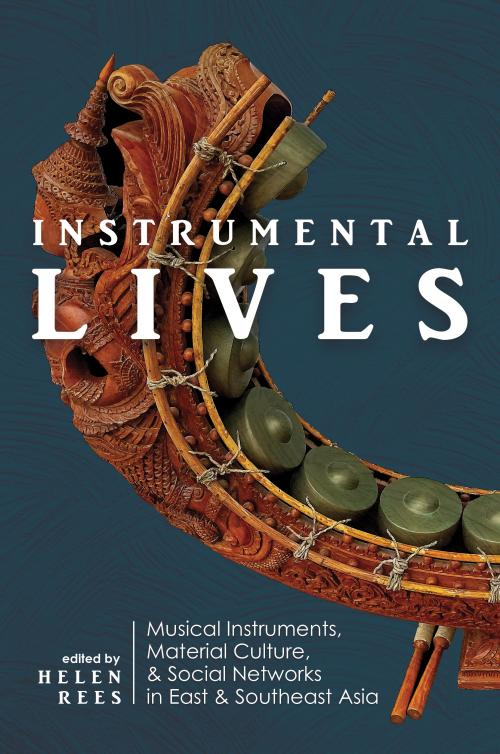Musical instruments from East and Southeast Asia are increasingly recognized as essential components of humanity’s intangible cultural heritage. Edited by Helen Rees, Instrumental Lives (University of Illinois Press) is a collection of essays that explores the connection between these instruments. Also featured are their materials and manufacturing processes, their environmental contexts, the social networks they are part of, and their influence on ethnic and national identities.
The book is divided into three sections:
- Characteristics and Social Roles: This section discusses various categories of instruments, such as the koto and an extinct Balinese wooden clapper, and their roles in society.
- Life Stories of Individual Instruments: This section examines the histories of specific instruments, from an heirloom Chinese qin to end-blown flutes in rural western Mongolia.
- Ethics and Issues in Instrument Collections: The final section addresses the ethical considerations and challenges in collecting musical instruments, as well as how collecting alters the instruments’ habitats and social roles.
Supported by the Joseph Kerman Fund, the General Fund of the American Musicological Society, the National Endowment for the Humanities, and the Andrew W. Mellon Foundation, Instrumental Lives offers a novel perspective on how musical instruments shape and are shaped by their cultural and social environments.
Book Details: Pages: 316. Dimensions: 6.125 x 9.25 inches (ca. 23 cm). Illustrations: 62 black and white photographs, 2 maps, 6 tables.
Helen Rees is a professor of ethnomusicology and the director of the World Music Center at the University of California, Los Angeles. She is the author of Echoes of History: Naxi Music in Modern China.


